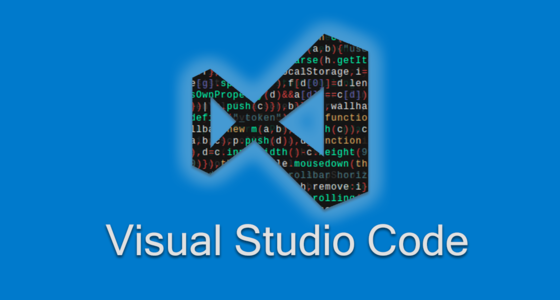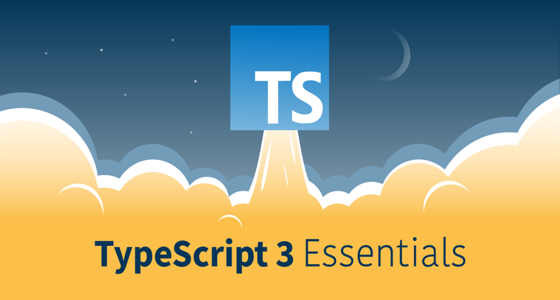
Adding strong typing to large JavaScript apps with TypeScript helps reduce bugs, and keep developers on the performant and maintainable path. We'll look at recent advancements in TypeScript as well. In this workshop, you'll learn everything you need to know to be set up for success when using TypeScript to build a modern web app.

The release of Ember's Octane Edition breaks nothing while changing everything. This leap forward in support modern JS and TS language syntax, dramatic simplification of the programming model, and continued dedication to 'stability without stagnation' set the stage for a new generation of opinionated single-page apps.
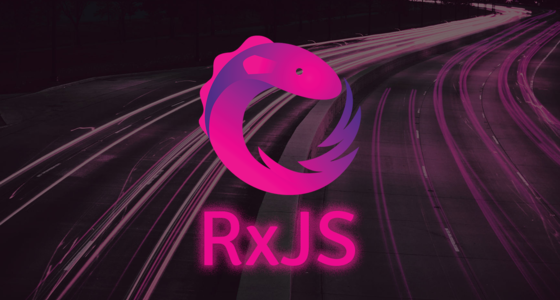
RxJS 6 brings the concept of Observables and reactive programming to JavaScript and TypeScript. Rethink the way you manage state and asynchronous workflows, and set yourself up for all the benefits that come along with functional programming.
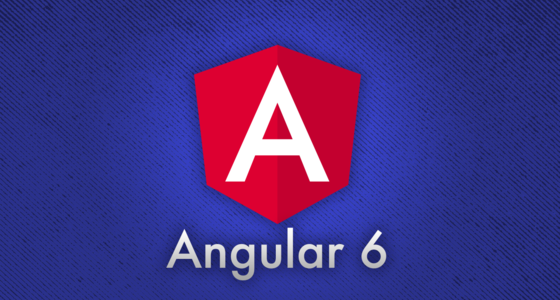
Google's flagship web framework leverages the power of TypeScript and RxJS Observables to make building component-driven web applications easy! In this course, we'll start with the core ideas around routing, templates, components and services, and then move on to practical patterns for modular app architecture.
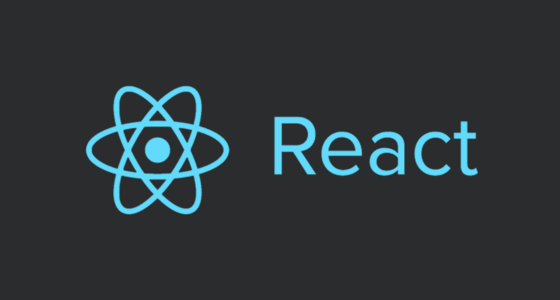
React.js is a component library, which expresses user interfaces in terms of components, properties passed into them, and state they manage internally. Through these encapsulated, expressive and composable building blocks, we can create complex and dynamic interfaces with code that is surprisingly simple and easy to manage.
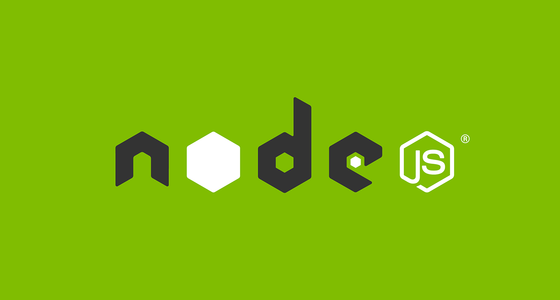
As a non-blocking programming language with amazing concurrency capabilities, it is no surprise that JavaScript shines just as brightly on the server side as it does in a browser. Whether you are making a build tool, web application or API, the rich JavaScript ecosystem and Node core libraries are by your side.
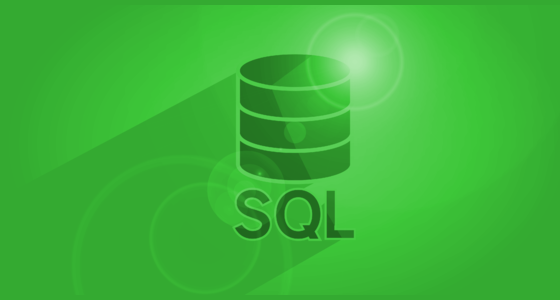
Most developers stick to performing the basic CRUD operations on their database, but modern projects like SQLite, PostgreSQL and MySQL can do so much more. In this course, we'll discuss a wide range of features that can serve to keep data layer speedy, scalable and consistent.
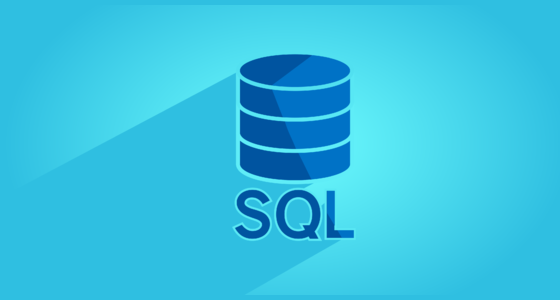
Most web applications rely on storing their data in a relational database, consisting of tables which are comprised of columns and rows. PostgreSQL, MySQL and SQLite are the most popular and established relational databases, and luckily, they have a LOT in common.

Security is an increasingly important part of building modern web applications, but developers often fall victim to the pressure of tight deadlines. In this course, we'll get hands on both from the attacking and defending standpoint, and learn how to keep the baddies out.
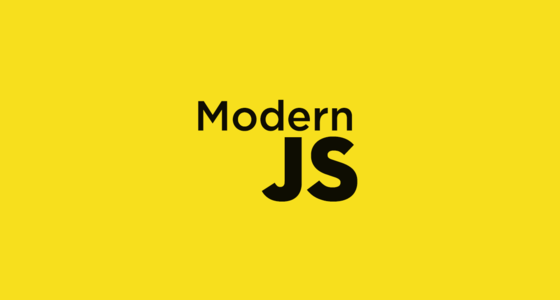
JavaScript is flexible enough to do just about anything, and while this is one of its great strengths, it's also what makes best practices less clear. This deep dive into the fundamentals and latest advances in the language will help you learn how to make the most of it!
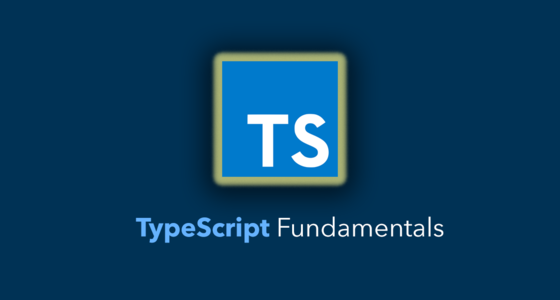
Adding strong typing to large JavaScript apps with TypeScript helps reduce bugs, and keep developers on the performant and maintainable path. In this course, you'll learn everything you need to know to be successful when using TypeScript to build web apps with React, Ember.js or Angular 2.
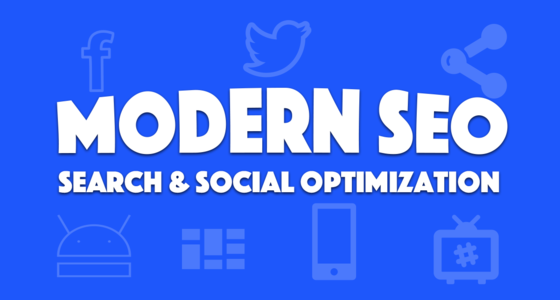
Getting the most out of search engines and social networking is more important than ever! Take advantage of Google, Facebook and Twitter’s most advanced features, and boost user engagement.
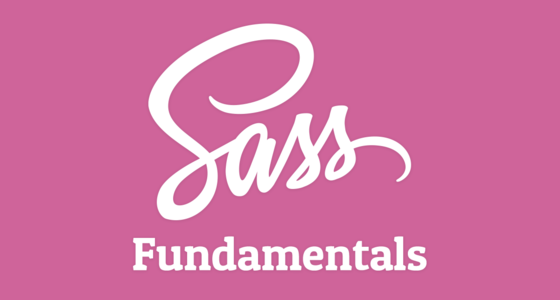
Sass addresses many of the maintainability problems we typically experience when writing CSS, and makes writing styles fun again! This basic course will help you make the most out of this awesome preprocessor.
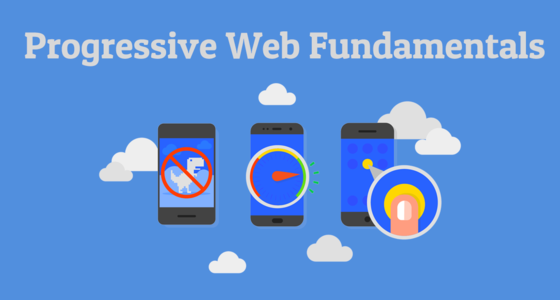
Progressive Web App technologies let you delight your users with the best modern browsers have to offer, without sacrificing compatibility for legacy environments.
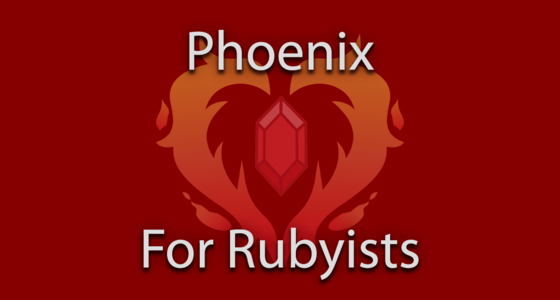
Phoenix Framework draws heavily upon important foundations in the opinionated web frameworks that came before it, like Ruby on Rails.
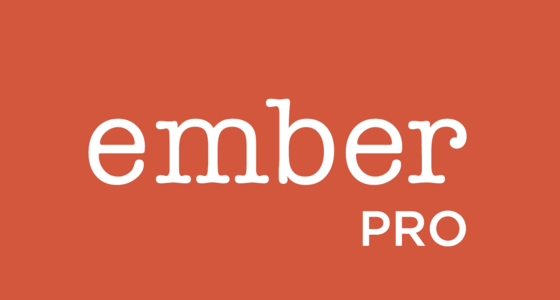
We'll go way beyond the fundamentals, tackling topics like authentication, advanced debugging techniques, server-side rendering, modular app design.
This course is designed to help developers already familiar with Ember.js to unlock the true power of the framework.
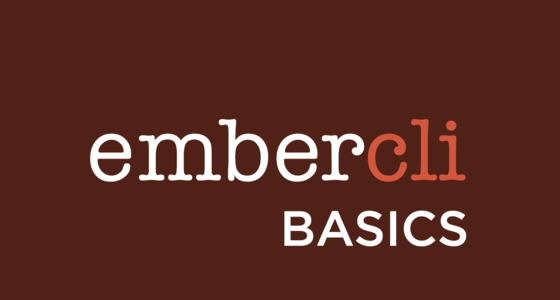
Ember-cli is truly a world class build tool, and it's more capable and versatile than most people think!
We need look no further for proof of its impact than angular-cli and react-create-app, as continuations of the idea that Single Page Apps are deserving of first class tools, optimized for their specific needs.
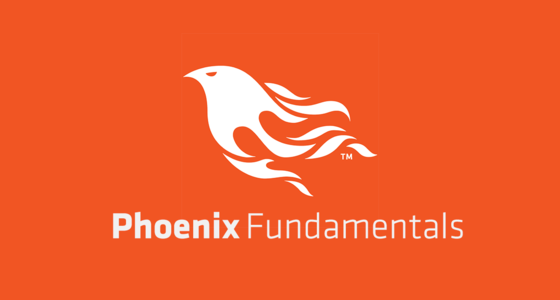
Phoenix makes building robust, high-performance web applications easier and more fun than you ever thought possible.
Combining popular conventions formed in popular projects like Ruby on Rails with the robustness of Elixir and the BEAM make it an excellent choice for a broad range of applications.
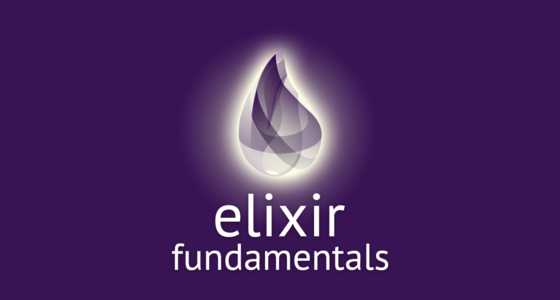
Elixir's combination of modern language features, and a 30-year-old battle-tested foundation at its core, has made it increasingly popular over the past year.
This course provides a strong foundation for writing general-purpose functional code, and is intended for developers already proficient in another language.
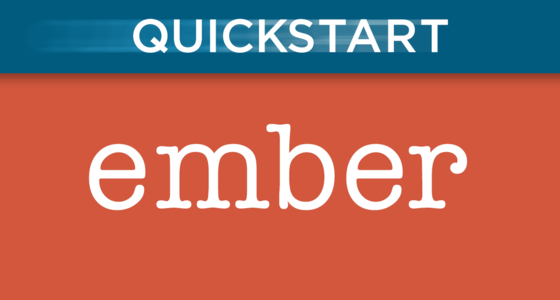
In this abbreviated intro course, you'll get a taste for what the Ember.js framework has to offer. We'll focus on two of the most important aspects of building a single page app: routing and components.
By the end of this course, you'll have a sense for what Ember offers, and will understand how it compares & contrasts with React and Angular 2.
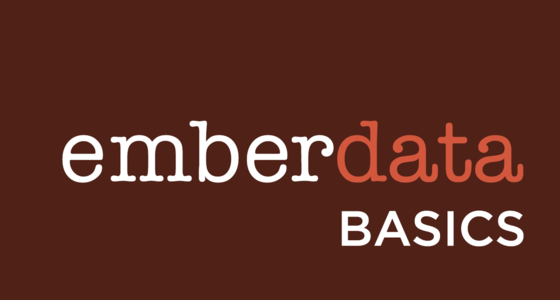
Harness the power of the official persistence library of the Ember.js framework.
We'll cover all of the basics you need to know in order to make ember-data the best part of working with your back end, diving deep into adapters, serializers and the store.
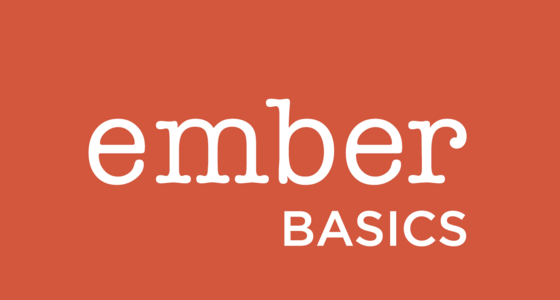
A thorough introduction to this opinionated, productivity-oriented web framework, covering all the basics you need to know, in order to get up and running successfully!
This course serves as a solid foundation for a deep understanding of emberjs and modern javascript development.
